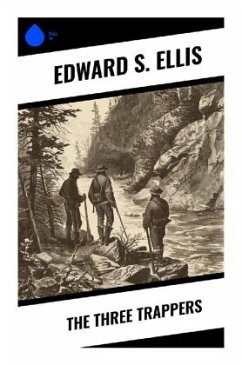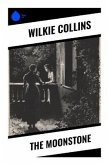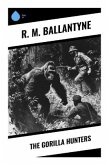In "The Three Trappers," Edward S. Ellis crafts a compelling narrative exploring the rugged wilderness of America during the 19th century. Through the adventures of three trappers-men of resilience and resourcefulness-the novel embodies the spirit of exploration and the challenges of frontier life. Ellis's evocative prose captures the stark beauty of the landscape, while seamlessly interweaving themes of camaraderie, survival, and the tension between civilization and nature. The book's literary style is marked by vivid descriptions and dynamic dialogue that evoke the period's harsh realities, appealing to readers with a fascination for Americana and adventure tales. Ellis, a prolific author and a prominent figure in American literature, drew inspiration from his own experiences as a frontier scout and his keen interest in the natural world. His familiarity with the wilderness and the lives of trappers enriched his storytelling, allowing readers to immerse themselves in the trialsand triumphs of his characters. His comprehensive understanding of the cultural milieu and historical context imbues the narrative with authenticity and depth. I recommend "The Three Trappers" to those who seek a detailed portrayal of the American frontier, as well as to fans of adventure fiction. Ellis's ability to evoke both the physical environment and the psychological landscape of the characters makes this work a significant contribution to American literature, promising an engaging and thought-provoking reading experience.
Bitte wählen Sie Ihr Anliegen aus.
Rechnungen
Retourenschein anfordern
Bestellstatus
Storno








